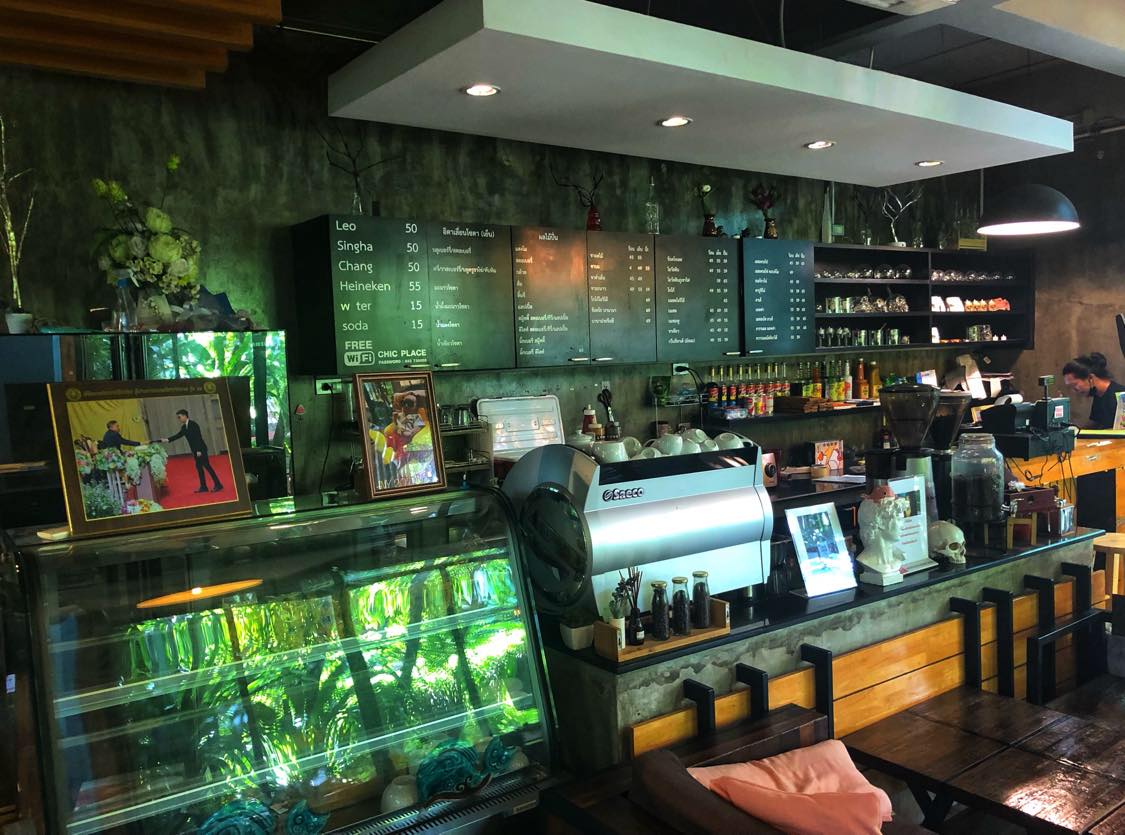Thailand’s Saving Face Culture: The Positive Aspects

Last time we talked about the controversial Thai dowry. Today, let’s discuss another aspect of Thai culture that causes consternation among foreigners who work and live in Thailand. That is, the concept of “saving face” and the importance of not doing anything that can cause anyone (including yourself) to “lose face” (เสียหน้า).
Face saving culture is, of course, not unique to Thailand. It is common in many Asian countries. However, critics (including some Thai scholars) say that Thailand is more sensitive about this issue than its neighbors, and that it hinders the country’s development because it stifles useful criticism and the acknowledgement of past failures — which are essential for advancement.
There is no doubt the critics make some valid points. However, these critics rarely if ever point out the positive aspects of Thailand’s face saving culture. All cultural norms have their positive and negative effects. A healthy culture is one which strikes the right balance. And while fears of “loss of face” vs. progress in Thailand may not be in perfect balance, we would say it’s closer to being on the right foot than the wrong foot.
Thailand is known as “The Land of Smiles,” a country that amazes tourists with its friendly and happy people. That happiness can be largely attributed to the importance Thais place on not causing others to lose face, as well as their strong desire to avoid confrontation — both cultural norms being interconnected.
Now, we can hear the critics already saying, “But not confronting problems when we see them, allows them to persist! Constructive criticism should be welcomed!” Our answer is that there is a big difference between confronting a problem and confronting a person with helpful criticism. Few Americans and Europeans are actually good at accepting constructive criticism. And even fewer are good at offering it in a constructive (rather than demeaning or confrontational) manner.
“But it is slowing progress!” Yes, that is true. But it is doing so for the sake of community harmony and that happy disposition which Thais see as a virtue.
It’s important to recognize that slow progress doesn’t mean no progress. We have actually been amazed at the progress we’ve seen in Thailand over the past 20 years. Most people however are impatient and take neither the broad nor long view of life in the Kingdom, which despite its occasional military coups and political unrest has been remarkably stable.
In a saving face culture like Thailand’s, progress occurs slowly through modeling, and by volunteering to help others with their responsibilities and duties (from a sense of friendship and kindliness, rather than criticism). For example, businesses throughout Thailand have slowly but progressively become better over the past two decades. They have done so by next generation entrepreneurs watching who fails and who succeeds.

We now have Thai coffeehouses with an increasing variety of delicious baked goods, retailers with shelves filled with better products, and large businesses run by Western educated owners who understand staff training, efficiency management, and smart customer service.
Younger, better educated Thais, are entering the workforce at government offices, corporations, and universities. The motivated ones volunteer for tasks that allow their skills to shine, and offer to help elder co-workers because “you seem tired and overworked.” In turn, they get promoted because the bosses see how skilled these young workers are.
All of this progress is occurring without criticism and confrontation. Any loss of face that might occur is hidden, which in Thailand is the equivalent of it not really happening at all. For it is only public embarrassment that causes shame and the face to become “spoiled” or “rotten” — which is the meaning of the Thai phrase sĭa nâa (เสียหน้า).
Lastly, Thailand’s saving face culture does more than promote social harmony and happiness. It also serves as a guardrail to keep in check personal behavior that could cause shame. For example, fear of loss of face causes many a Thai person to refrain from getting drunk and posting on social media, or letting their temper get away from them and say something to a friend or co-worker that they’ll regret. Of course, not always. But much less so than if this guardrail didn’t exist.
So, while Thailand still has much to do in the way of progress and problems to overcome (the littering problem remains our pet peeve), its face saving culture is a key to maintaining the Kingdom’s high quality of life.
Learn about an aspect of the Thai personality that is closely related to face saving culture. Read the post: What Does Greng Really Mean?
- Affirmations in Buddhism & Thailand - June 7, 2025
- Speak Thai Naturally Without the Gymnastics - April 20, 2025
- The Best Learn Thai Podcast and YouTube Channel - April 10, 2025




